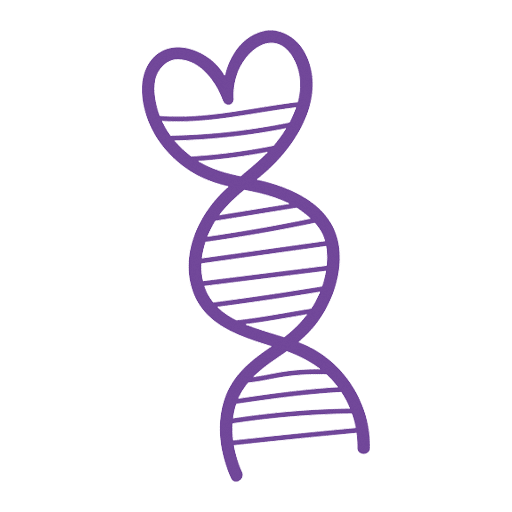De novo germline mutations in the RNA helicase DDX3X account for 1-3% of unexplained intellectual disability (ID) cases in females, and are associated with autism, brain malformations, and epilepsy. Yet, the developmental and molecular mechanisms by which DDX3X mutations impair brain function are unknown. Here we use human and mouse genetics, and cell biological and biochemical approaches to elucidate mechanisms by which pathogenic DDX3X variants disrupt brain development. We report the largest clinical cohort to date with DDX3X mutations (n=78), demonstrating a striking correlation between recurrent dominant missense mutations, polymicrogyria, and the most severe clinical outcomes. We show that DDX3X controls cortical development by regulating neuronal generation and migration. Severe DDX3X missense mutations profoundly disrupt RNA helicase activity and induce ectopic RNA-protein granules and aberrant translation in neural progenitors and neurons. Together, our study demonstrates novel mechanisms underlying DDX3X syndrome, and highlights roles for RNA-protein aggregates in the pathogenesis of neurodevelopmental disease.

DDX3X-Related Neurodevelopmental Disorder – Research Paper
Learn more via the paper here. GeneReviews® chapters are owned by the University of Washington. Permission is hereby granted to reproduce, distribute, and translate copies of content materials for noncommercial […]
Continue Reading
Chan Zuckerberg Initiative to Fund 30 Patient Groups, Aiming to Build a Model for Tackling Rare Disease
Originally posted on STAT by Rebecca Robbins on February 3, 2020 SAN FRANCISCO — When Facebook founder Mark Zuckerberg and his spouse Dr. Priscilla Chan in 2016 vowed to get all diseases […]
Continue Reading